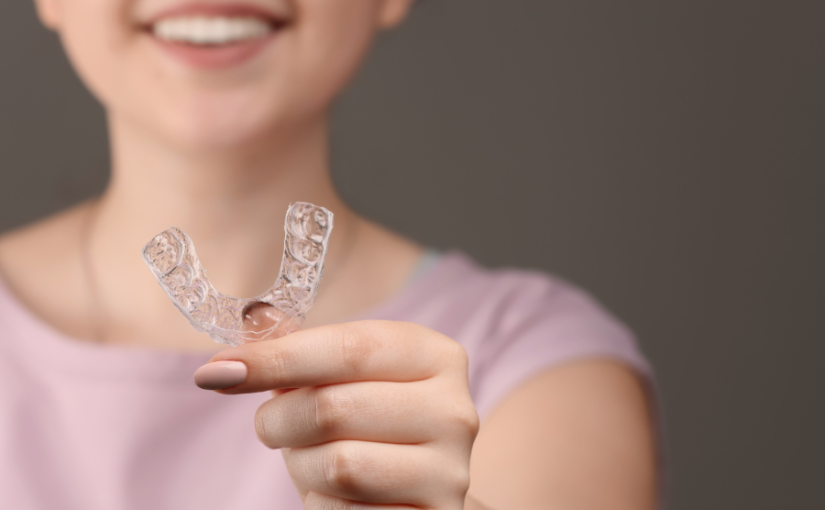By: Dr. Elizabeth Eggert
When it comes to dental health, particularly addressing issues related to your bite, splints or also known as “dental appliances” can be a game-changer. At Eggert Family Dentistry in North Oaks, MN, Dr. Jeff Eggert and Dr. Elizabeth Eggert offer a variety of splints designed to cater to your specific needs, ensuring you receive the best care possible. Understanding the different types of splints available and their benefits can help you make an informed decision about your dental health.
Splints Available at Eggert Family Dentistry, Explained!
One of the splints offered is the anterior deprogrammer. This appliance is designed to temporarily disengage the bite, allowing the muscles of the jaw to relax. It’s particularly useful for diagnosing bite problems and can provide relief from muscle pain caused by bruxism (teeth grinding). If you experience frequent headaches or jaw pain, an anterior deprogrammer might be recommended to help alleviate these symptoms and to determine if your bite is a contributing factor.
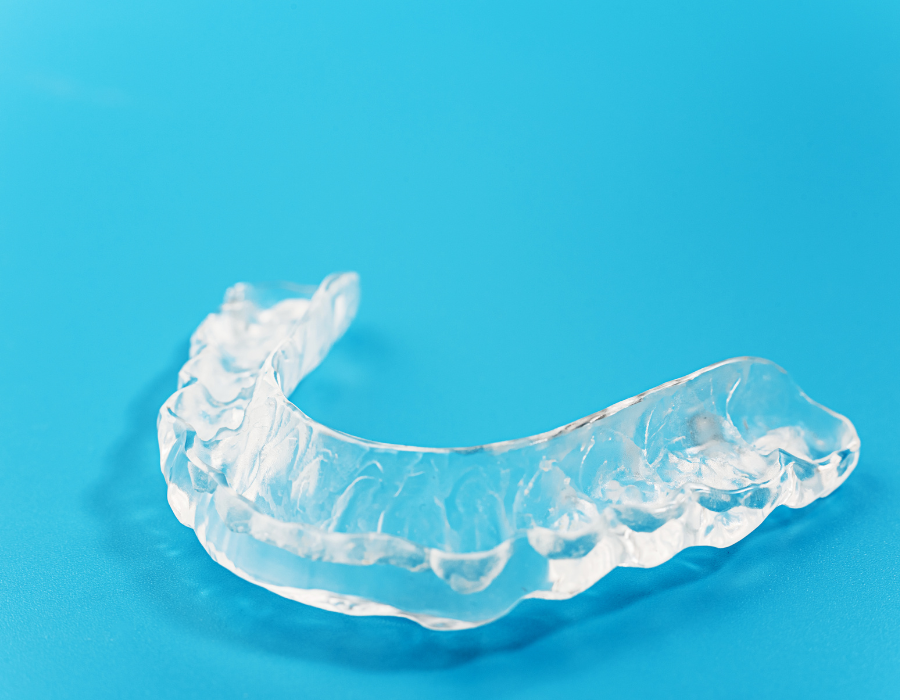
For those dealing with temporomandibular joint disorder (TMD), TMD splints or orthotics are an excellent option. These splints are custom-made to fit your mouth and are designed to reposition the jaw to a more comfortable position, reducing stress on the TMJ. Patients with TMD often suffer from jaw pain, clicking or popping sounds, and difficulty in opening their mouths fully. A TMD splint can help reduce these symptoms by providing a stable and balanced bite.
Another specialized appliance is the Tanner appliance, which is used for treating bruxism and in designing a new bite. The Tanner appliance is a full lower arch anatomical splint. It is the best adjusted version of a TMD splint and it often is worn only at night. This appliance helps us to determine where the muscles sit in a comfortable position and analyze the tooth position there. Often after wearing a Tanner appliance, you will have a great idea of how the positioning of your teeth affects your overall health and well-being and it helps us plan for a new bite so you can enjoy the improved effects day in and day out!
For those who need a more flexible solution, softguards offer a comfortable and adaptable option. Made from a softer material, these guards are ideal for light bruxism. They are especially useful for patients who may not tolerate harder materials well or those who need a lot more support for their joints over their muscles. If you experience occasional teeth grinding or clenching, a softguard may provide the necessary protection without discomfort.
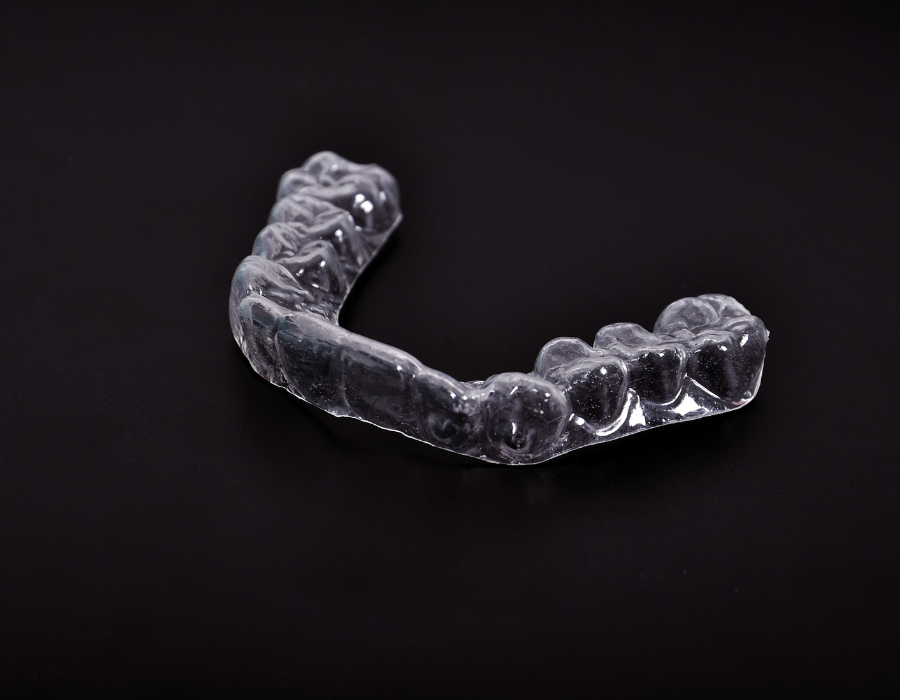
Essix retainers are another versatile option, primarily used to maintain tooth alignment after orthodontic treatment. These clear, thin, removable retainers are comfortable and virtually invisible, making them a popular choice for post-orthodontic care. If you’ve recently had braces or other orthodontic work done, an Essix retainer will help keep your teeth in their new positions. For some people, it can help protect teeth from the effects of bruxism, but typically, for moderate to heavy bruxism, the retainers will wear out quickly.
For more comprehensive protection, custom fit occlusal guards (also known as night guards) are highly effective. These guards are tailored to fit your mouth precisely, providing robust protection against moderate and severe bruxism. They are made from durable materials and are designed to withstand significant grinding and clenching forces. The downside to a standard occlusal guard is that if the bruxism is caused by an airway compromise, by wearing the occlusal guard, the airway collapse may be more significant while wearing the appliance because it helps to keep your muscles relaxed. Therefore, an accurate diagnosis of why you are bruxing is important.
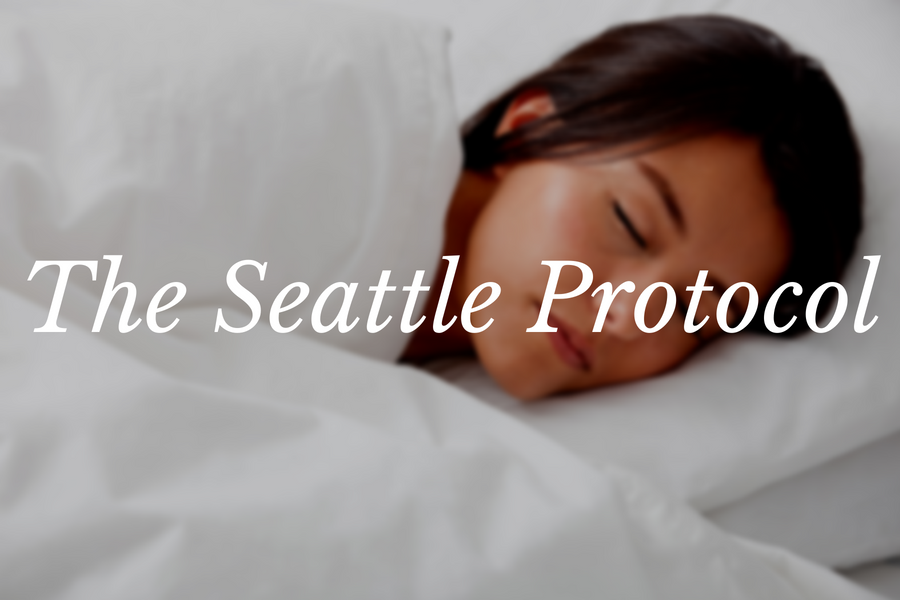
The Seattle Protocol is an innovative approach to diagnosing and treating TMD and related issues where airway compromise is suspected. This protocol involves a series of diagnostic steps and treatments, including the use of various trial splints to find the most effective solution for each patient. By systematically evaluating different treatment options, Dr. Jeff Eggert and Dr. Elizabeth Eggert can pinpoint the best appliance to best improve your airway, which should improve any signs or symptoms you are having from sleep apnea. If you find yourself waking up tired or experiencing frequent sleep interruptions, the Seattle Protocol is a suitable option to explore.
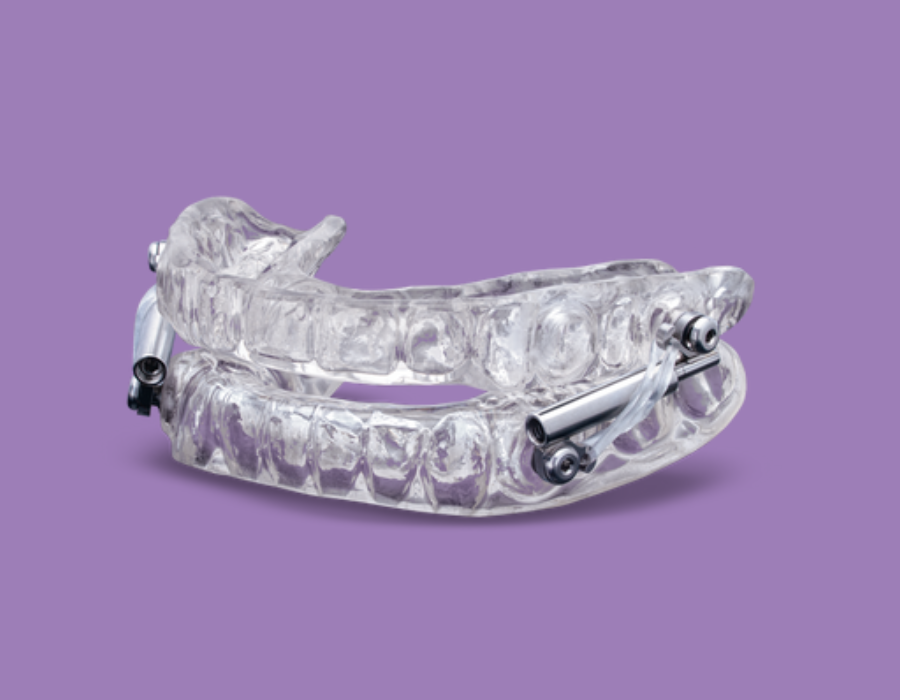
Finally, for patients suffering from diagnosed mild or moderate sleep apnea, a mandibular advancement appliance can be a lifesaver. This device works by holding the lower jaw forward, keeping the airway open during sleep. If you suffer from obstructive sleep apnea, this appliance can significantly improve your sleep quality and overall health by reducing snoring and apneic events and associated risks. You will find your sleep quality will improve significantly because your body can get the oxygen it needs!
How You Can Get Help
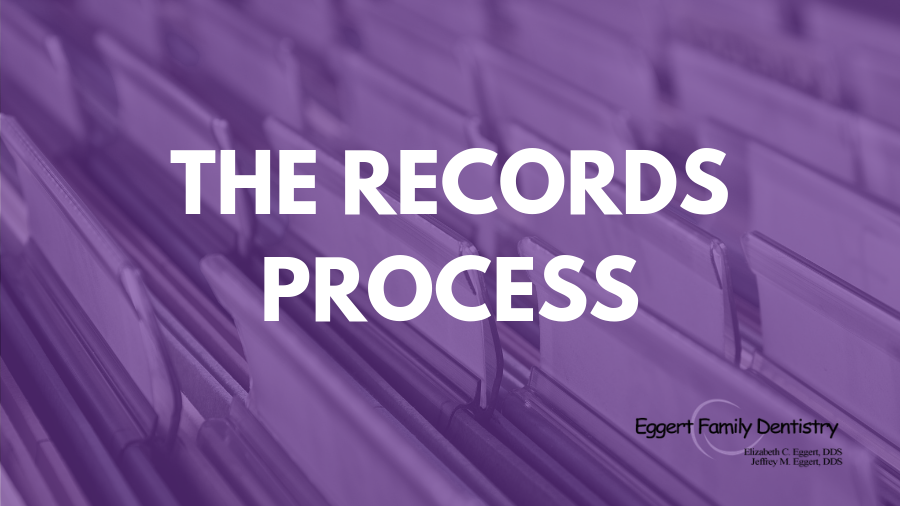
At Eggert Family Dentistry, Dr. Jeff Eggert and Dr. Elizabeth Eggert utilize a comprehensive evaluation process known as the Records Process to determine the best splint for your needs. This process involves a thorough examination of your bite, jaw function, and overall oral health. By analyzing this data, they can recommend the most appropriate splint to address your specific issues. Whether you need relief from TMD, protection from bruxism, or help with sleep apnea, Eggert Family Dentistry will guide you through each step, ensuring you receive the best possible care tailored to your needs.
Choosing the right splint can make a significant difference in your dental health and overall well-being. At Eggert Family Dentistry, you can trust that you will receive personalized, expert care designed to meet your unique needs. Call us today! 651-482-8412!
